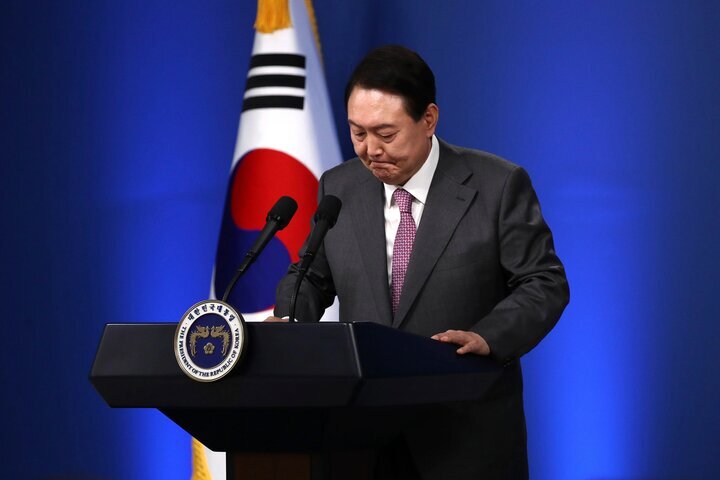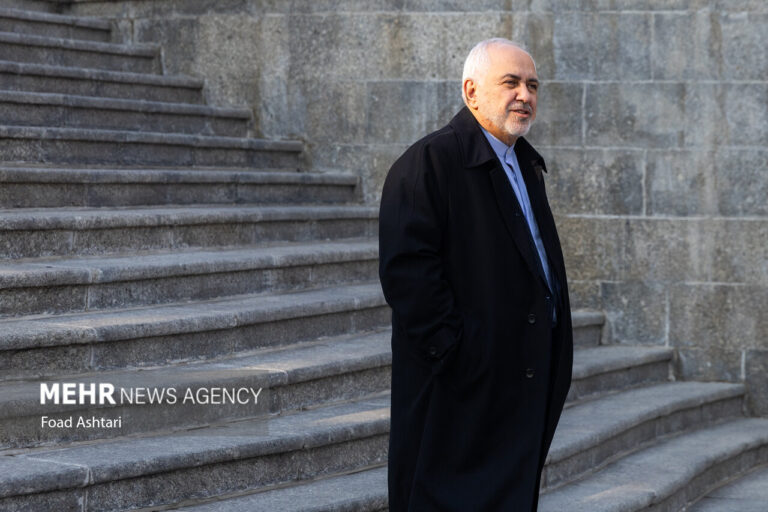CAIR Demands Hate Crime Charges in Shooting Attack Targeting Palestinian Victims
The recent incident in Miami Beach has sparked significant concerns regarding hate crimes, particularly anti-Palestinian sentiments. The Florida chapter of the Council on American-Islamic Relations (CAIR-Florida), the largest Muslim civil rights and advocacy organization in the state, is advocating for federal hate crime charges following the arrest of a suspect involved in a violent altercation.
Mordechai Brafman, a 27-year-old man, faces serious allegations after reportedly opening fire on a vehicle, mistakenly believing it contained “two Palestinians.” This incident raises critical questions about the motivations behind such violent actions and the implications for community safety.
According to reports, Brafman has been charged with two counts of attempted murder. The incident unfolded when he made a U-turn to stop in front of the victims’ vehicle and discharged his weapon 17 times, striking both individuals. Police records indicate that while in custody, Brafman stated, “he saw two Palestinians and shot and killed both.” The victims suffered injuries, with one being shot in the shoulder and the other grazed by a bullet on the arm.
In light of these events, CAIR-Florida has urged both state and federal law enforcement agencies to consider hate crime charges. The organization emphasizes that the alleged shooter’s bias-motivated actions should take precedence over the victims’ actual ethnicity. “We urge state and federal law enforcement authorities to bring hate crime charges in this case based on the alleged perpetrator’s statements to police that reportedly indicate an anti-Palestinian motive,” they stated. “It is the alleged shooter’s reportedly bias-motivated actions, not the actual ethnicity of the victims, that should be the determining factor for charges in this disturbing case.”
Beyond this specific incident, CAIR-Florida has been vocal about other troubling events. Earlier this month, the organization called for the censure of Palm Bay City Councilman Chandler Langevin due to his inflammatory and xenophobic remarks, which suggested that Muslims “do not belong” in the United States. Such statements contribute to a hostile environment for Muslim communities and reflect a broader trend of anti-Muslim sentiment.
Moreover, last year CAIR-Florida sought censure against state Rep. Randy Fine after he posted an anti-Muslim tweet that celebrated the murder of Turkish-American human rights activist Aysenur Ezgi Eygi and appeared to incite further violence. These incidents highlight a troubling rise in anti-Muslim rhetoric and actions in the state.
Statistics from CAIR reveal a growing concern regarding bias incidents. From January to June 2024, the organization documented a staggering 4,951 incoming bias complaints nationwide, marking a 69 percent increase compared to the same period in 2023. This alarming trend underscores the urgent need for heightened awareness and action against hate crimes.
In its 2024 civil rights report, CAIR’s national office revealed that it had received the highest number of complaints in its 30-year history. Titled “Fatal: The Resurgence of Anti-Muslim Hate,” the report documented a total of 8,061 complaints in 2023, with nearly half occurring in the last three months of the year. This surge in reported incidents of anti-Muslim hate emphasizes the pressing need for community engagement and legal action to combat discrimination.
In conclusion, the call for federal hate crime charges in the Miami Beach shooting incident underscores a crucial point about the need for accountability in cases of bias-motivated violence. As CAIR-Florida continues to advocate for justice and protection for marginalized communities, it is imperative for law enforcement to respond effectively to these alarming trends and to ensure the safety of all individuals, regardless of their background.
As society grapples with these issues, it is vital to foster an environment of understanding and respect, rejecting the forces of hate and division. Only through collective action can we hope to build a more inclusive and equitable future for everyone.






